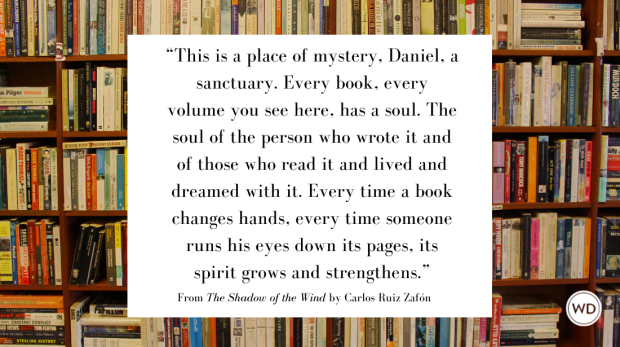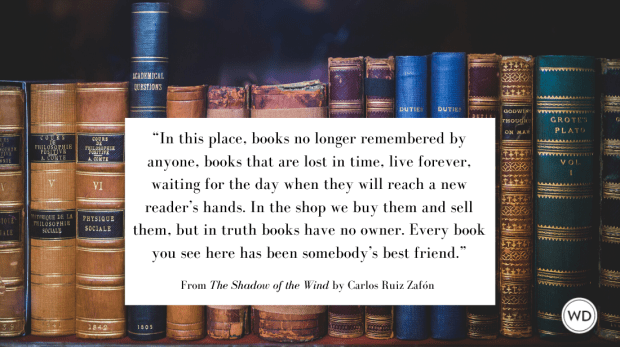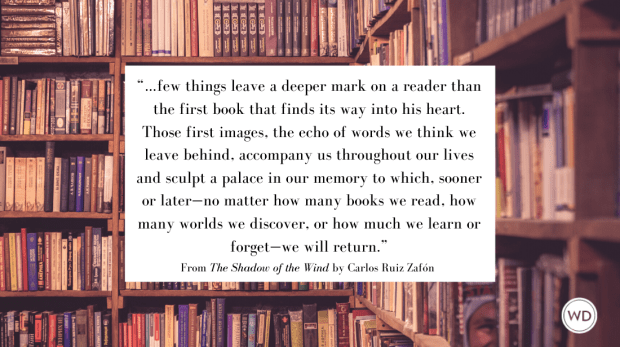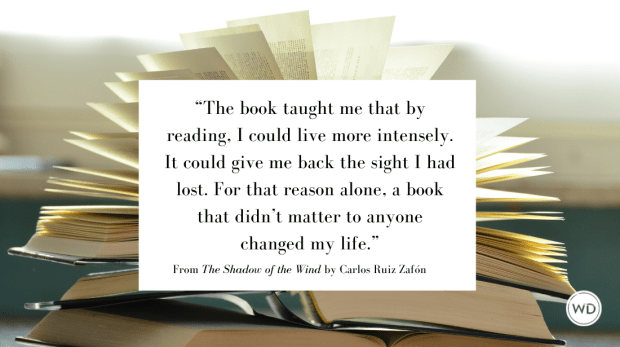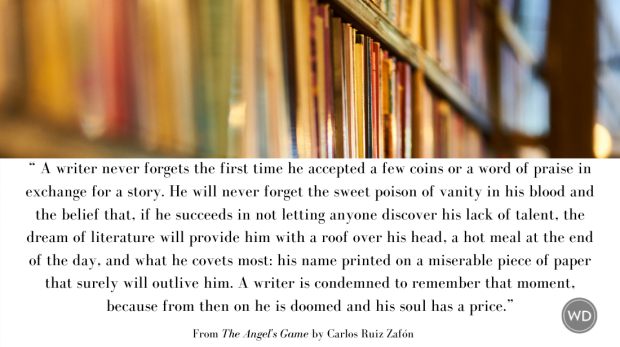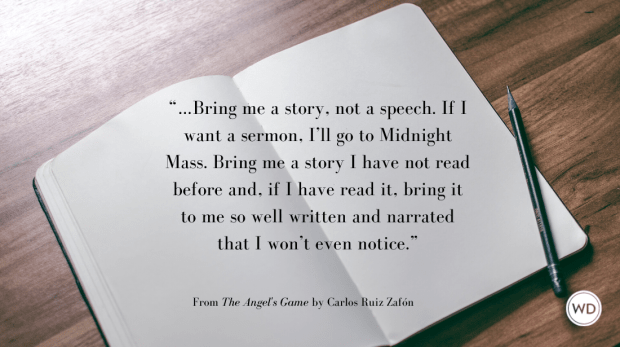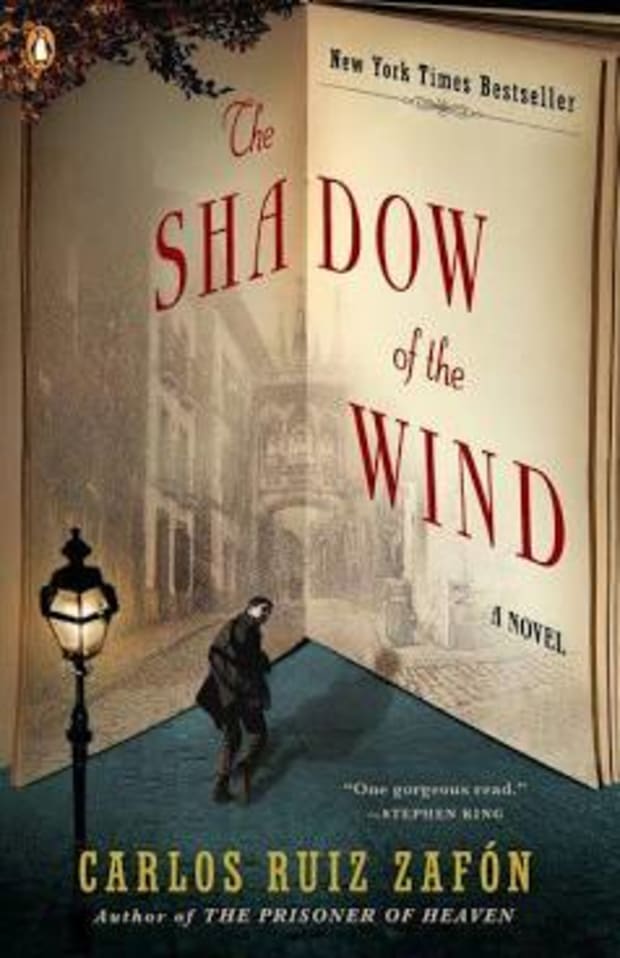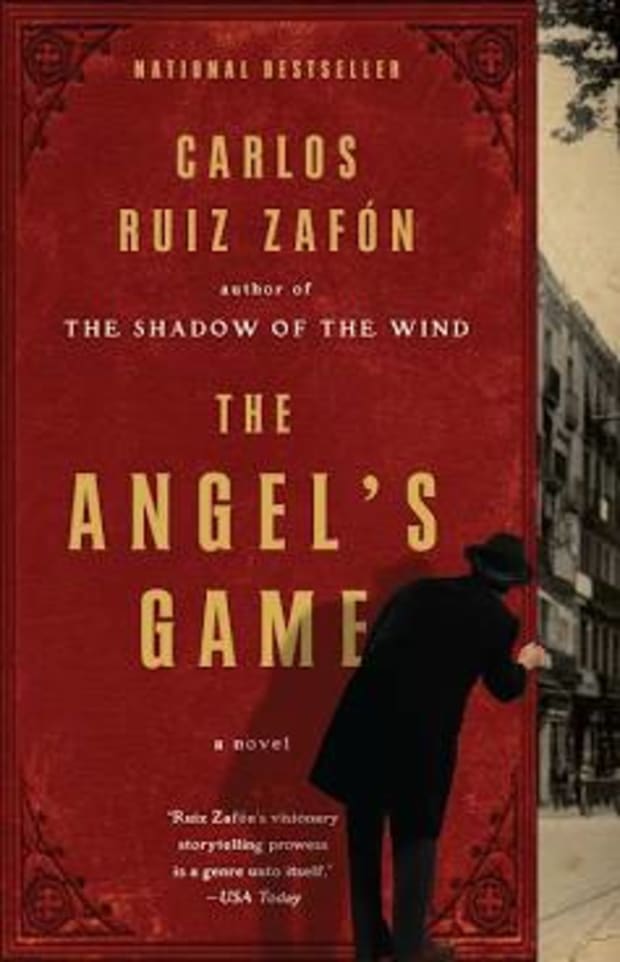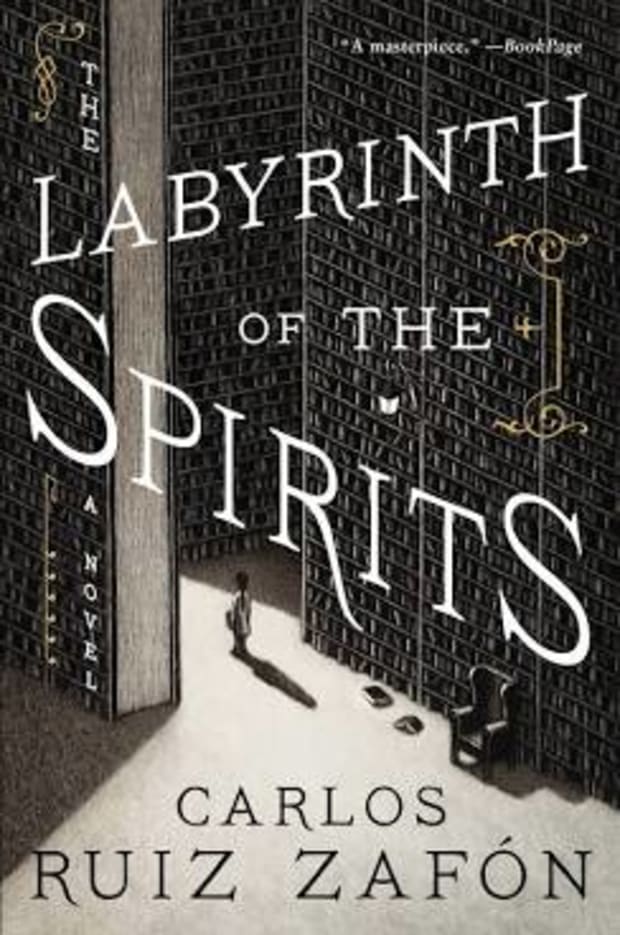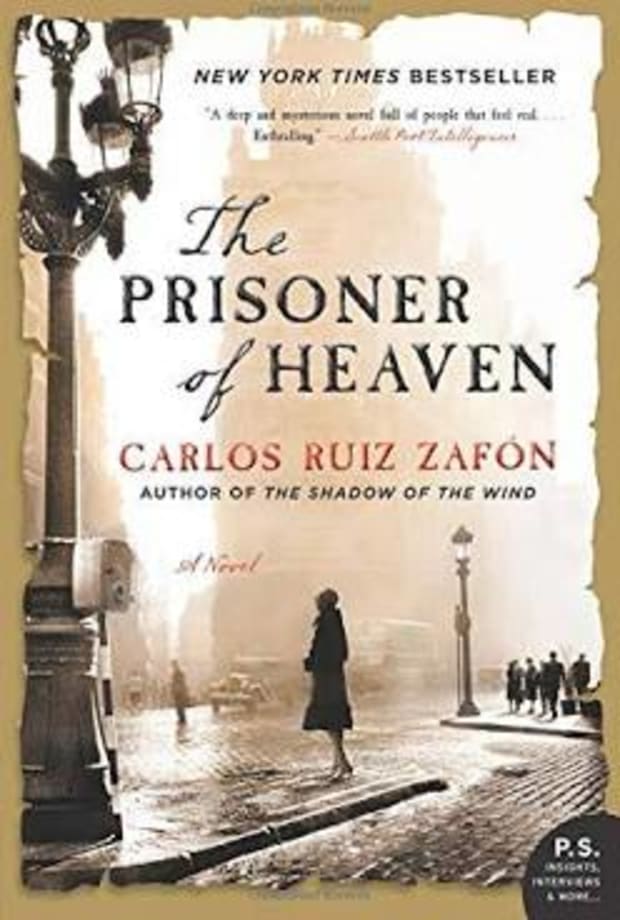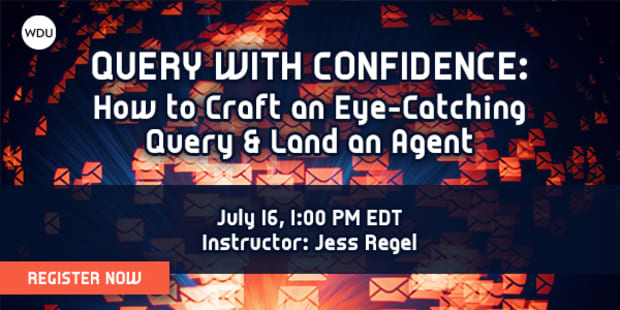In partnership with Commonwealth Writers, Granta publishes the regional winners of the 2020 Commonwealth Short Story Prize. Kritika Pandey’s ‘The Great Indian Tee and Snakes’ is the winning entry from Asia.
The girl with the black bindi knows that she is not supposed to glance at the boy in the white skull cap but she does. The boy moves restlessly on a stool as he cradles a cup of chai in his hands. The girl has flavored it with cardamom for no extra cost before swallowing the leftover pod so her father won’t find out. He is the mustachioed owner who cleans his ears with Q-tips at the cash counter. The girl looks up from the boiling contents of the saucepan, pretending to notice new customers while examining the contours of the boy’s stubbly chin, the kite-shaped birthmark on his neck. He mostly watches the speeding vehicles on the road. Once in a while, he meets her gaze and his ears turn crimson. At such moments the girl and the boy realize that they must immediately look away but never stop noticing each other wherever they go.
*
It is September. Hawkers appear with baskets of tomatoes. They are overpriced but surprisingly red. The girl’s father asks her to buy two kilos. They would keep tomato chutney on the menu until tomatoes become wholly unaffordable in the winter. She squats at the water pump outside the stall to wash the tomatoes, facing the boy, gazing at the stubbed toe sticking out of his sandals. He is one of the few customers who prefer eating keema samosas to aloo samosas but it is the least of the girl’s concerns. Their stuffings are somewhat different but the girl makes both types of samosas with the exact same batter. They are the same thing unless one absolutely wants to differentiate, which most people do, including the girl’s father who has strictly warned her against eating keema samosas.
A chilly breeze leaves the girl covered in goosebumps.
‘Why does it have to get cold?’ She says to no one in particular.
‘Seasons change,’ says one of the men sitting next to the boy. They are daily wage laborers who ask for aloo samosas with their chai, not keema samosas, never keema samosas. They carry grimy shovels and miss no opportunity to talk.
‘Because this is how it is.’
‘Because this is how it’s always been.’
‘Because the earth moves around the sun,’ says the boy.
The girl breathlessly punctures a tomato, then washes the red mush off her fingernails. She has never heard him speak before.
A man eyes the monogram on the boy’s shirt. ‘Go to school?’
He nods yes.
The girl’s father had pulled her out of school after a couple from Class 10 eloped to Bombay.
The man chuckles. ‘I went to school myself. Now I shovel cement and sand.’
Later that night, the girl can’t stop wondering if the earth really moves around the sun. Why had no one told her that? Who was making it move? She sits up in bed and thinks about endless fields of cauliflower and tries not to throw up, like she has to do on the Giant Wheel at the funfair. Dreams take over when she falls asleep. She grabs the boy’s stubbed toe as they fly off the face of the earth.
*
The town is on a plateau formed by colliding land masses when the dinosaurs were still around. It is big enough to have a Domino’s but too small for traffic lights. The traffic policemen take breaks from signaling vehicles to rub lime and tobacco in the palms of their hands until drivers yell at them to regain control. The girl’s father had moved here when growing onions in the village farmlands stopped being profitable. It was raining less and less each year. For a while, he tried to find work at the department store with glass walls, live in a house with bedrooms. Then he gave up. He got bamboo sticks and tarpaulin and set up the stall outside their shack. It unsettled him to include keema samosas on the menu but he wanted to make whatever profit he could. A painter demanded rupees 500 for adorning the aluminium anterior of the table where the chai was prepared on a coal stove. ‘It better be a nice and important name,’ the girl’s father had told the painter, who could hardly spell, and so the tea and snacks stall was christened The Great Indian Tee and Snakes. The painter had promised, ‘Anyone who loves this country will love this name.’ Some passersby point out the sign to each other and have a good laugh. Others nod in admiration of what they take to be high literary nonsense. Many click pictures.
*
The girl is frying samosas. Today the boy is being questioned by the men with grimy shovels about what brings him to this part of town every weekend.
‘I water an old man’s geraniums,’ he says.
‘Gera-what?’
‘Flowers.’
Thanks to the laborers’ interest in him, the girl can now hear the boy talk.
‘Germium,’ she says to a golden samosa floating in the oil, pleased that the boy knows such words. Her father glares at her. She sighs. If only she were allowed to talk to the boy, she wouldn’t have to talk to the samosas.
‘Pays well?’ A laborer asks.
‘600 per month,’ says the boy.
‘For watering flowers!’
‘Kya kismat hai.’
‘Lucky bastard.’
The boy says that his wealthy employer lives by himself and reads magazines with high-definition photographs of wild felines. When someone brings up the new prime minister’s yoga moves, the boy silently nibbles on his samosa. The girl mumbles things that she wishes to say aloud to him.
‘Plants make their own food. I know because I used to go to school as well . . . I also know that we can’t see air but it’s there . . . Do you like summer or winter? I like summer for the mangoes. I don’t like winter because the cold makes me feel more feelings . . . I don’t care if you eat this samosa or that samosa. Just saying. People should eat whatever they want to. Why is it a big deal? . . . You have nice fingers, you know . . . Every morning, some men gather in the park with Gandhi’s statue and force themselves to laugh. If you look at them, they’ll make you laugh too. They say it makes you happy . . . You have really nice fingers . . . Do you like me?’
*
The girl’s father wants the boy to be served chai in stainless steel cups only. If the girl mistakenly serves him in ceramic, her father waits for the customers to leave, then smashes the cup. ‘Steel can be washed with soap and water,’ he says, ‘But you can’t wash a keema-eater’s saliva off of clay.’ The girl used to follow her father’s orders and throw away the ceramic pieces. But now she collects them as if they are artifacts. When her father is snoring at night, she steps out of the house, glues back the broken cups under the streetlight, and hides them among the tangled roots of a Banyan tree.
*
The girl believes that her father is kinder than he appears to be. He could have tossed her into the river after discovering that she was not a boy but he did not. Not even after her mother, his wife, died a week later from excessive bleeding. The girl obviously doesn’t like that he expects her to be up around five in the morning to open the stall, calling her the ‘Queen of England’ when she sleeps in. However, he lets her spend on nail polish and newspapers from which she cuts out pictures of the oval-faced woman with shimmery eyelids. The man at the newspaper stand says that her name is Beyoncé. The customers at the stall eat samosas from scraps of newspaper with Beyoncé-shaped holes in them.
At times when the girl gets a bridal mehndi assignment – she is a decent henna artist – her father takes care of the stall so she can spend hours painting the hands of brides. She hides the names of their future husbands amid swirly, intricate henna patterns.
Nevertheless, as far as the keema-eater is concerned, the girl must not get ahead of herself. Her father doesn’t need to tell her that girls with black bindis are not supposed to feel this way about boys in white skull caps. She knows.
*
The girl wakes up with cold toes. She gathers twigs, leaves, bits of paper, cloth and empty Lipton cartons before setting them on fire. Her father fans the flames. The girl, the boy, four of the laborers and the girl’s father sit around the fire with their chai, yawning. Sun rays are trapped in fog. The morning feels like evening. The unbroken-broken cups hidden among the Banyan’s roots must be covered in frost, the girl thinks, wondering if she should show them to the boy. But what if he has a girlfriend at school? What if he has held her hand? When a laborer coughs, the boy says that his mother coughs all the time. Something is wrong with her lungs.
‘I’ll become a doctor and treat her,’ he adds.
‘Treat us also,’ jokes the laborer.
The boy smiles. ‘I will.’
The chai has finally awakened the men. They won’t stop talking now.
‘People should be able to become whoever they want to be.’
‘But the problem is that there are too many people.’
‘And too few things one can become.’
‘And fewer things one can sell to buy rice.’
Their laughter is followed by silence.
‘I want to become Beyoncé,’ the girl says.
‘Who?’
*
The new prime minister’s face is everywhere. On telephone poles and park benches and garbage cans and the back of cars and even on the faces of so many people who wear masks of his face with tiny holes for eyes. The girl doesn’t know how his face appeared on the water pump outside the stall. Sometimes she is unable to flavor the boy’s chai with cardamom for the fear of the prime minister watching her. Other times she skips the cardamom because, for all she knows, the boy doesn’t even care.
*
The Great Indian Tee and Snakes is out of sugar. The girl walks to the grocery store. Tiny rocks push into the soles of her feet through the cracks in her chappals. Once she had stolen a pair of cat-printed chappals from outside the temple, but they have been lying under her bed ever since. She worries that the owner may spot them and take them away.
The grocer is an old man who is partially deaf. The TV in the store needs to be pounded from time to time to keep the images from splintering. The place is packed during the cricket season when people stop by to watch an over or two, praise or curse Dhoni. After purchasing the sugar, the girl is too caught up watching on TV the magnified insides of somebody’s mouth being cleansed by a toothpaste that tastes like turmeric to notice when the boy appears next to her. He asks the man for chewing gum.
‘Hey,’ he says to the girl.
‘Oh, hi.’
The boy is standing right next to her in a place where her father’s gaze is not upon them. She can touch the kite-shaped birthmark on that neck if she wants to. The man has left a pack of gum on the counter before returning his attention to the TV.
‘Nice to see you outside the stall, for a change,’ the boy says.
‘Same.’
‘You’ll make a good Beyoncé. Probably better than Beyoncé herself.’
The girl touches her bindi, smiling, telling herself that she was wrong about the boy having a girlfriend at school. ‘Won’t you offer me chewing gum?’
‘Absolutely.’
The girl chews the gum until it’s time to go to bed, then she swallows it.
*
The girl examines ordinary objects with newfound fascination – a matchbox, a potato, freight trucks on the road, the ground beneath her feet – thinking that nothing is bigger or smaller than it should be. Everything is the perfect size. She air-dries her shampooed hair in the afternoon sun instead of twisting it up in a towel. She wonders if this is how girls become women. One night when she is putting a broken cup back together, soiled with the keema-eater’s saliva, blood gushes out of her finger like water from the pump. Nevertheless, unlike the brides whose hands she paints with henna, she feels no need for a husband and a house and a washing machine and a baby and a mixer grinder to be content. All she needs is for the boy in the white skull cap to drink chai and eat samosas at the stall so she can watch him watch her.
*
The laborers are talking about an upcoming cinema hall in town that will play three movies at once. The boy is eating a keema samosa, waiting for his chai. Around a dozen young men with saffron bandanas arrive on motorbikes. They order chai and aloo samosas. The girl’s father tells them to leave because they never pay.
‘This isn’t a wedding you can crash anytime,’ he says.
‘Don’t be so touchy now,’ says a young man. His T-shirt is just as saffron as his bandana. He looks like a carrot.
‘Extra spicy samosas, please,’ another young man tells the girl.
When the girl’s father stands up to protest, the young man who looks like a carrot pushes him into his chair before noticing that his companions are still struggling to park their motorbikes.
‘Who the fuck left this bicycle here?’ He hollers.
‘It’s mine,’ says the boy in the white skull cap. He starts moving his bicycle but the young man stops him.
‘You think this is the fucking Olympics?’
‘I am sorry. I’ll move it.’
‘Sorry won’t do. Say, “chai is great”.’
‘Haan?’
‘Say it.’
‘Chai . . . chai is . . .’
‘You don’t like chai?’
‘I drink it every day.’
‘So say it! ‘Chai is great’!’
‘Chai is . . . great.’
The girl whips the batter slowly. She would poison the samosas if she could.
‘Good. Now pick up your disgusting samosa and throw it away.’
‘What?’
‘You deaf?’
‘No more keema samosas for you,’ says another young man. ‘Only aloo samosas from now.’
‘But I like keema samosas,’ says the boy.
The young man who looks like a carrot slaps him. The girl stops whipping the batter.
‘Throw your samosa away or we’ll boil you with the chai.’
The boy does as he is told.
The young man takes off his saffron bandana before handing it over to the boy. ‘Now get rid of that dumb skull cap and put this on.’
‘I won’t.’
‘You won’t?’
This time the boy looks into the young man’s eyes.
‘I will not do that.’
The young men beat up the boy, calling him a fucking keema-eater, asking him to go back to his keema-country, as one of them makes a video on his phone. The girl’s father and some of the laborers try to intervene unsuccessfully. The girl begs the men to let the boy go. ‘All he does is water flowers!’ she screams. Nobody listens. A couple of laborers join in after some time, calling the boy names, thrusting their shovels into his stomach. ‘But he is going to become a doctor and treat you!’ The girl pleads. ‘How could you forget?’ Her father yells at her to go into the house. The boy looks like a punctured tomato and dies.
*
December is almost over. The girl with the black bindi weeps when she is cold. She cannot stand straight. She cannot hold her head high. She cannot feel her nose. When her father wakes her up in the mornings, she turns her back towards him. ‘No,’ she says. She sneaks out keema samosas from the stall before eating them hidden behind the kangaroo-shaped trash cans at the park. She has never eaten anything with keema before. It tastes like tears until she realizes that she needs to stop crying while eating. After that, it tastes like food. Newspapers carry front-page pictures of the boy in the white skull cap, sitting against a plain grey background, in even lighting, unsmiling, but alive. He looks straight at her. Now, instead of Beyoncé’s pictures, the girl cuts out every picture of the boy from every paper before burying them under her mattress. She wipes the frost off the unbroken-broken cups under the Banyan tree.
*
When the wedding season arrives, the girl has too many henna assignments and not enough time to grieve. The brides talk while getting their hands painted because the girl listens. One of the brides points to a picture on the wall. Her fiancé is holding the Taj Mahal in the palm of his hands. Another bride tells the girl that her fiancé’s name is Adithya with an H. She wants his name on both her hands, front, and back. Another requests her to feed her chocolate after her hands are covered in mehndi. Yet another suggests the girl play hard-to-get if she ever wants her boyfriend to propose for marriage. ‘Love requires you to be something of an asshole,’ she says. And yet another woman looks uninterested in all such matters despite her Banarasi saree and eye makeup, despite the jasmine flowers in her hair, as she spreads her hands before the girl. She doesn’t even remember her fiancé’s name. The girl tells her that it doesn’t seem like she wants to get married.
‘I don’t.’
‘What do you want to do then?’
‘Paint pictures of the sky.’
‘You can do that even if you’re married.’
‘I can do that even if I’m not.’
‘But why the sky?’
‘Because it is infinite.’
*
Newspapers are covered in pictures of a high-speed train by the time the weddings are over. There’s a nationwide ban on keema samosas, keema naan, keema parathas, keema pakoras and, basically, keema everything. The girl loiters in the park with Gandhi’s statue.
In the mornings, a group of men stand in a circle and force themselves to laugh. They are loud and self-assured, the type that eat aloo samosas. At first, they go, ‘Ho-ho, ha-ha, ho-ho, ha-ha’. Before long, however, they are laughing uproariously, teeth bared, arms raised in the air. The girl wonders if they had seen the front-page pictures of the boy in the white skull cap. In the evening, young men and women take too many selfies against the fountain. The young women wear lipstick, the young men have their hair sticking up. Their faces change when they point their phone cameras towards themselves. The girl wonders if they have ever tasted a keema samosa.
Men in blue uniforms water the plants in the park. One of them is watering a bed of flowers. The petals are more purple on the inside than the outside. She walks up to him.
‘Sir, are these germiums?’
‘What are you talking about?’
‘Are these germium flowers?’
‘There are no flowers by that name.’
She walks up to another man who is watering potted yellow flowers with long, spaced-out petals, and repeats the question.
‘No,’ he says, ‘but nice tits.’
*
The girl sits on a park bench and tries to fall in love again. She tries to fall in love with the boy in an oversized T-shirt who is kicking a football, or the one who is doing push-ups, or the young man with the shocking blue earphones, walking with his hands in his pockets, or the boy who is holding hands with a girl who has streaks of red hair, or the one lying on his stomach, reading a book, or maybe even the one who is ogling at the women practicing yoga. Nothing happens.
Then she lies on her back and stares at the infinite sky. She hopes the woman who didn’t remember her fiancé’s name is painting as many pictures of the sky as she wants to. But infinity is not the girl’s type. She needs something more measurable than that, something smaller than the sky but bigger than a samosa.
*
It is a pleasant April morning. The men who force themselves to laugh are laughing like there’s no tomorrow. One of them notices the girl sitting by herself and invites her to join them. ‘Guaranteed to make you happy,’ he says. She reluctantly accepts. In the beginning, she stands there, wanting to disappear. Then, encouraged by the men, she smiles a small, confused smile. Then she laughs softly because everyone else is laughing. For a few minutes, it feels insincere, but after that, she is actually laughing aloud. She bookmarks this as an important skill.
A man turns to her when it’s over.
‘So, young lady, are you happy now?’
She looks at the beads of sweat on his forehead, laughter lines around his mouth.
‘Are you?’ she asks.
The overall winner of the Commonwealth Short Story Prize 2020 will be announced during a special award ceremony which will be broadcast online at 1pm BST on 30 June 2020. See here for further details.
Image © Cishore
The post The Great Indian Tee and Snakes appeared first on Granta.
